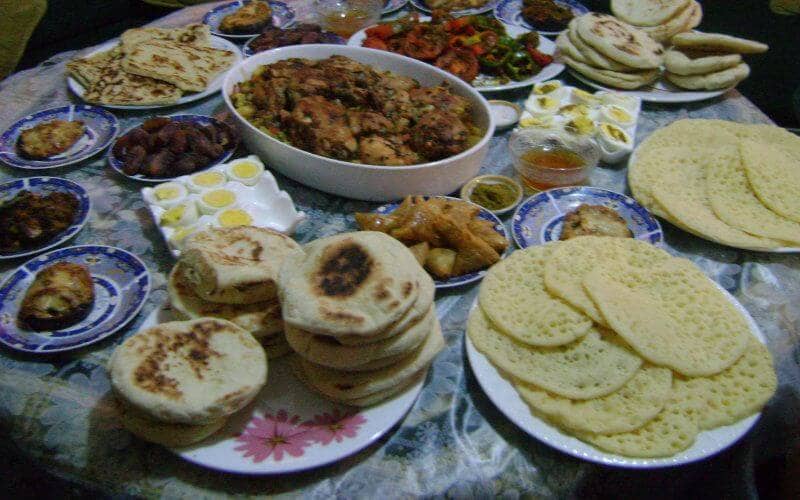Ramadan in Morocco: Work Hours Drop, Household Spending Surges 16%

While Moroccans reduce their working hours by nearly a quarter during the month of Ramadan, their consumer spending, regardless of social class, increases by 16.3% per household. This is revealed by a survey on time use in the Kingdom.
During the Ramadan period, Moroccans reduce their professional work time by nearly 23%, or 1 hour and 12 minutes for men and 19 minutes for women. In doing so, urban women devote 47 minutes more to their household compared to normal periods, according to the national survey on time use carried out by the High Commission for Planning (HCP).
In the same report, the HCP notes that consumer spending, regardless of social class, increases in households by an average of 16.3%, and nearly 82% of this financial effort is devoted to food expenditure, which also increases by an average of 37% compared to other months of the year.
However, the increase in spending varies from 22.5% to more than 40% between the two extreme social classes. The study notes that the purchase of fruits, meats, cereals, milk and dairy products is the basis of this additional expenditure.
"Non-food spending, on the other hand, increases by 4.6%, driven in particular by a 20% increase in "transport and communication" spending and a +3.7% increase in "housing and energy" spending. In contrast, clothing expenditure decreases by an average of 13% during this sacred month, particularly in rural areas (-17.3%)," the HCP experts also point out.
Related Articles
-

Obesity Crisis Grips Morocco: 1 in 7 Adults at Risk by 2025, Urban Areas Hit Hardest
9 September 2025
-

Morocco Clarifies Fines for International License Plates Amid Road Safety Push
9 September 2025
-

Senior Police Officer Caught Red-Handed in Bribery Sting Operation in Meknes
9 September 2025
-

Morocco Cracks Down on Rampant Misuse of State Vehicles by Officials
9 September 2025
-

Morocco-Algeria Rift Deepens: King’s Peace Overtures Fall on Deaf Ears
9 September 2025